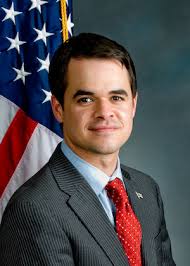Paolo del Vecchio, M.S.W.
Director, Center for Mental Health Services
Substance Abuse and Mental Health Services Administration (SAMHSA)
 We recover in community. In community, we share stories and spread hope. And in community, we raise our voices so all may have the opportunity for recovery.
We recover in community. In community, we share stories and spread hope. And in community, we raise our voices so all may have the opportunity for recovery.
For more than 40 years, I have been involved in behavioral health as a consumer, family member, provider, advocate, and now policymaker.
The thread throughout my journey has been opportunity and hope. Over the years, I’ve learned that it is community that provides opportunity, and it is in community that we find hope.
I am pleased to participate in this forum to share stories of recovery and spread the message that recovery is not only possible, it is the expected outcome of services, supports, and treatment. Together, through our shared experiences and with our collective voice, we can change the conversation on mental health and increase awareness of the possibility of recovery.
My Recovery Story
My own story is deeply rooted in the healing power of community. I experienced mental illness early in my childhood.
As a child, I experienced trauma by witnessing domestic violence and alcoholism in the family. As a result, I became withdrawn, depressed and anxious. And, I was alone.












Connect With Us